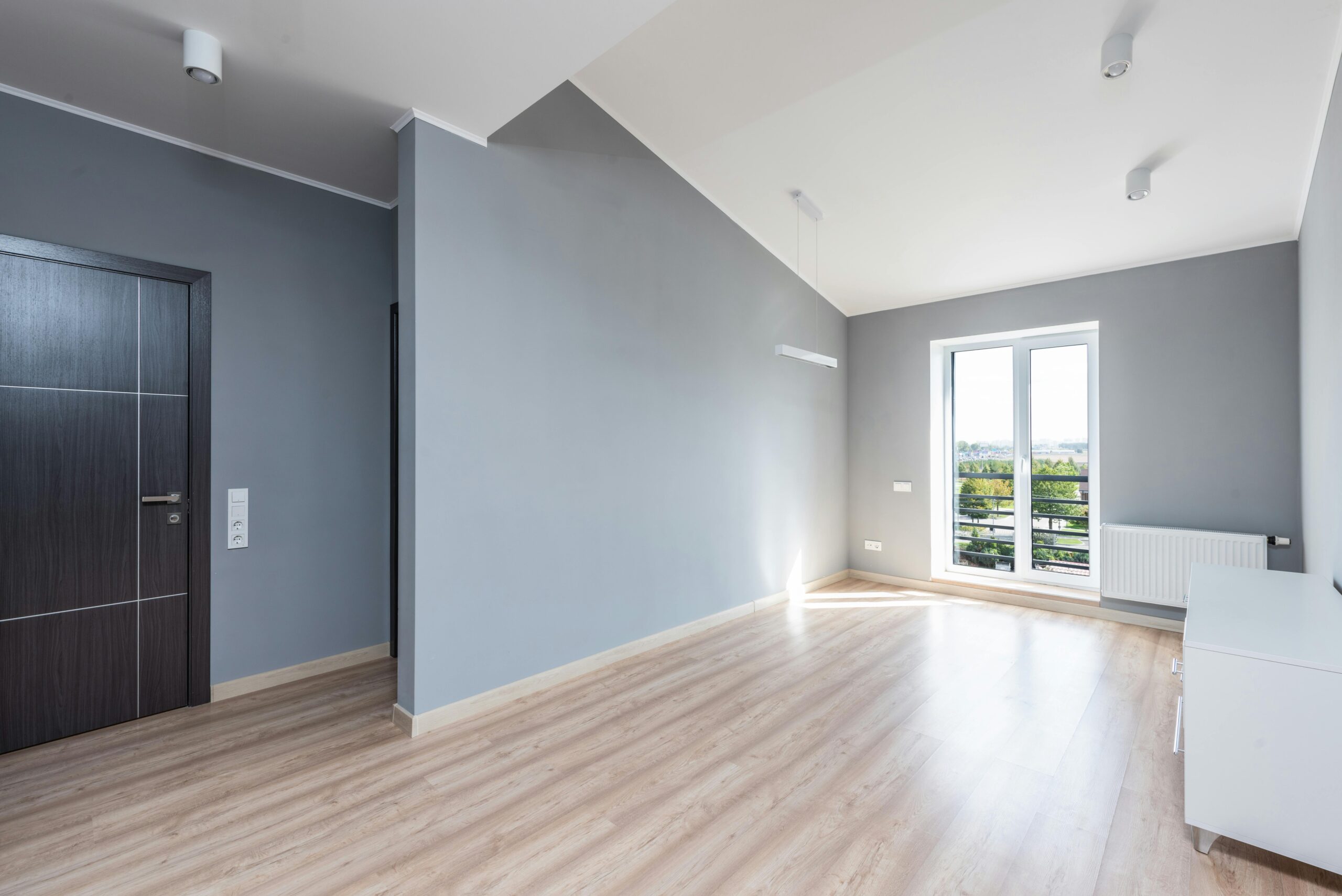The Importance of House Ventilation
Proper house ventilation is a critical aspect of maintaining a healthy and comfortable indoor environment. Many homeowners often overlook this vital system, focusing instead on aesthetics or energy efficiency alone. However, adequate ventilation plays a significant role in ensuring air quality, reducing moisture levels, and preventing the buildup of harmful pollutants.
Health Benefits
One of the primary reasons ventilation is essential is its impact on indoor air quality. Modern homes are built to be energy efficient, which often means they are tightly sealed to prevent air leaks. While this can lead to lower energy bills, it also traps stale air, allergens, and pollutants indoors. Poor ventilation can exacerbate respiratory issues, allergies, and other health problems. By ensuring a continuous flow of fresh air, proper ventilation reduces the concentration of airborne contaminants and promotes a healthier living space.
Moisture Control
Excess moisture in a home can lead to a variety of problems, including mould growth, structural damage, and unpleasant odours. High humidity levels can stem from various sources, such as cooking, showering, and even breathing. Without adequate ventilation, this moisture accumulates, creating an ideal environment for mould and mildew to thrive. Implementing effective ventilation strategies helps to manage indoor humidity levels, mitigating the risk of these issues and preserving the integrity of your home.
Energy Efficiency
While it may seem counterintuitive, proper ventilation can actually enhance energy efficiency. By ensuring that stale air is expelled and replaced with fresh air, homes can maintain a stable temperature without relying solely on heating and cooling systems. For instance, whole-house fans or natural ventilation can significantly reduce the need for air conditioning during cooler months, allowing for energy savings. Moreover, mechanical ventilation systems equipped with heat recovery can optimise energy use by transferring heat from outgoing air to incoming air, ensuring comfort without excessive energy consumption.
Odour Reduction
Unpleasant odours can be a significant issue in poorly ventilated spaces. Cooking smells, pet odours, and moisture-related mustiness can linger in homes lacking proper air circulation. Effective ventilation systems help to eliminate these odours by replacing stale air with fresh air, contributing to a more pleasant living environment. Regularly opening windows, using exhaust fans, and ensuring air filters are clean can all enhance the air quality and overall atmosphere of your home.
Safety Considerations
In addition to health and comfort, ventilation is crucial for safety. Many household appliances, such as gas stoves and water heaters, produce carbon monoxide, a colourless, odourless gas that can be lethal in high concentrations. Adequate ventilation ensures that any harmful gases are effectively dispersed, reducing the risk of carbon monoxide poisoning. Properly vented spaces also help to prevent the buildup of hazardous gases and fumes from other household chemicals, contributing to a safer home environment.
Conclusion
In summary, house ventilation is a fundamental aspect of home design and maintenance that should not be overlooked. From promoting health and comfort to enhancing energy efficiency and ensuring safety, effective ventilation is crucial for a high-quality living environment. Homeowners should assess their ventilation systems and make necessary improvements to ensure that their homes remain healthy, comfortable, and safe. By prioritising ventilation, you are investing in the well-being of your home and its occupants.

